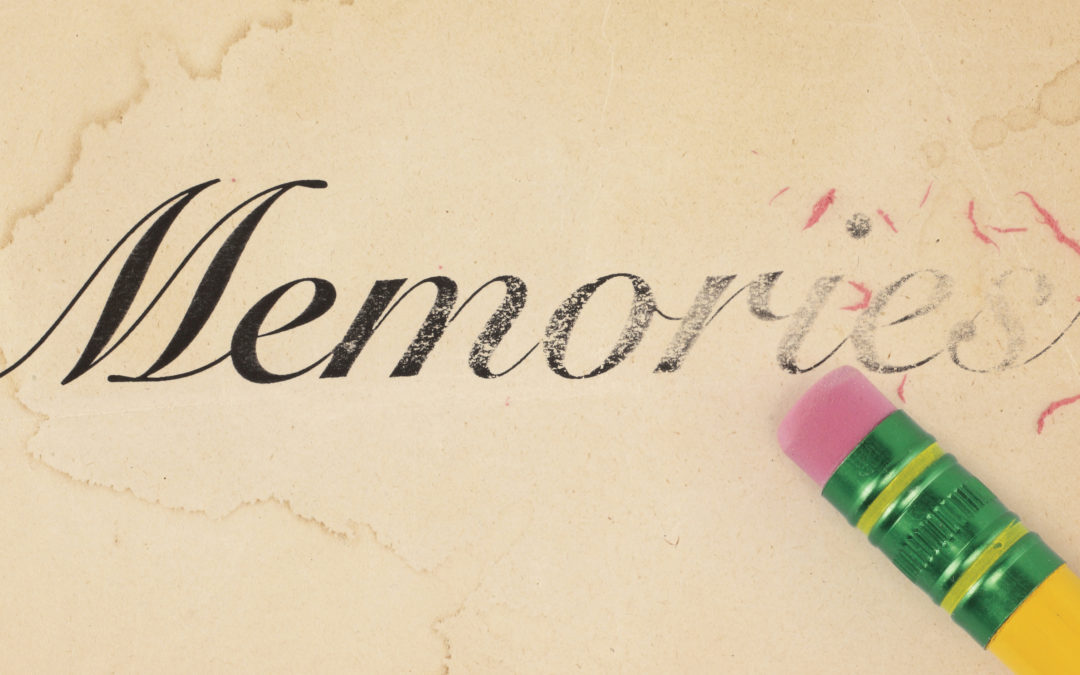When it comes to trauma recovery, there is nothing more controversial than repressed memories. There has been endless pushback about their validity. People who have a vested interest in keeping memories repressed have employed psychologists and lawyers and other professionals to discredit memories and intimidate trauma victims for decades (if not longer). Unfortunately, these people have had far too much influence over the professionals and organizations who provide services to trauma survivors. So those of us who are the most risk of suffering the mental, emotional and physical consequences of complex trauma are faced with constant invalidation when we consider the possibility of repressed memories. And much of that invalidation comes from the people who are supposed to help us the most.
Why does this happen? There are a few reasons. First, people have been intimated by threats of retaliation if they encourage memory recovery. The primary threat has been career-based. They will be sued for defamation of character or for malpractice for planting memories. And of course, if people can’t do their job, they can’t make money and they can’t survive. It is so much safer to discourage such activity altogether. Second, they feel intimidated about helping people with repressed memories. Maybe they don’t feel capable of helping someone through the process. Honestly, that’s reasonable. But in that case, they should be ready with referrals. Third, they are repressing their own memories and they are projecting their own fears on to others. This is much more common than you think. Many people hold repressed memories and are afraid of the emotional impact of recovery. And this fear will be projected.
So we get stuck in limbo. We can heal from our trauma to a point. We can make some behavior changes. We can take some meds to calm the inner turmoil. We can learn to trust ourselves just a bit. But it isn’t the deep healing we know we really deserve. It doesn’t calm the inner war. It only masks it. And we are out of options. Or so we think. We can empower ourselves to work through our repressed memories with or without validation from others. We can learn to validate ourselves with the support and guidance of others who are recovering memories too. But first, we have to address our internalized myths about recovering memories. Let’s look at a few.
Myth 1: There is no such thing as repressed memories, so any recovered memories must be false. This is the most blatant myth. And it goes against everything we currently understand about trauma and dissociation. Interestingly, we are perfectly capable of accepting dissociative amnesia for war veterans. But when it comes to abuse survivors, we have decided that trauma must somehow affect the brain differently. And it makes no sense. Forgetting traumatic events is a normal part of coping. Real trauma experts will openly acknowledge this.
Myth 2: If a repressed memory is wrong, it could get the victim in big trouble. This myth is based on the threats so many of us received as children. As a young child, I was already aware of False Memory Syndrome and defamation of character. I also had been told that stories about abuse were usually lies. Why? My parents were setting me up to be afraid of my own truth. They knew what they were doing. So do many other perpetrators of child abuse. The fear of our truth runs high because of this. But we need to reframe the process of recovering memories. Allowing ourselves to explore our unconscious truth has nothing to do with anyone else. This is a personal process. If we choose to take legal action, that isn’t going to come without some corroboration because our court system is stacked in favor of the perpetrators. So for now, memory recovery is about the exploration of our truth. And if we get the wallpaper color wrong, it doesn’t matter. And if we get something big wrong, it will organically correct itself as we explore our unconscious more deeply.
Myth 3: People who are recovering memories are looking for attention. This myth often started with the invalidation from our childhood too. We learned that the truth was attention seeking so we needed to follow the script and protect the mask. Anything else was selfish, self-serving and somehow made us bad. But I have always said that if I wanted to make up a story about myself, it wouldn’t look like this. It would be such a nice story about love and beauty. And if I wanted to be famous for something, it wouldn’t be this. I would win a Nobel Peace Prize. Nobody I have ever met wants to bask in the glow of going public about traumatizing experiences while facing invalidation, ridicule and endless questions about the validity of their story.
If you are ready to take your trauma recovery journey to the next level by incorporating your own unconscious exploration, join me and other amazing survivors in Survivor’s Guide for Life starting March 1st. Finally find the validation you are looking for in memory recovery. And make progress you never thought possible. You don’t have to carry this trauma around with you. You can remember and free yourself from it.



Great article as usual, Elizabeth! Your work is so important and I am grateful for you!
Thank you so much Rae!!
Thank you Elizabeth for giving me so much insight into memory repression. I can remember various incidents but I don’t talk about them. I am not sure if this is repressing them.